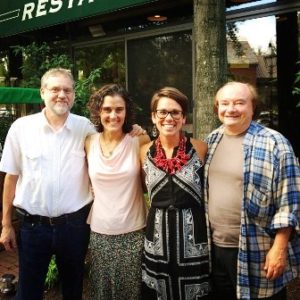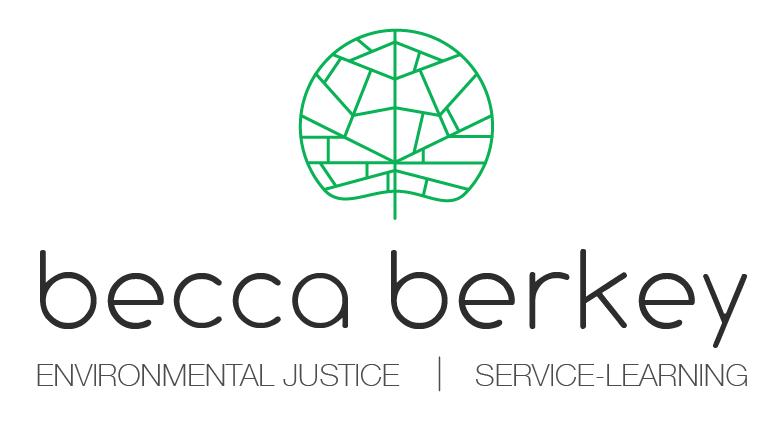Just Farming: An Environmental Justice Perspective on the Capacity of Grassroots Organizations to Support the Rights of Organic Farmers and Laborers
My dissertation, which I defended in August 2014, was titled ‘Just Farming: An Environmental Justice Perspective on the Capacity of Grassroots Organizations to Support the Rights of Organic Farmers and Laborers.’ You can view my dissertation by downloading it here.
Abstract
This mixed methods study builds upon literature and research in environmental justice, public participation, and community development to examine how justice-related issues impact farmers and workers on organic farms in the Northeastern United States. It also examines how involvement in a grassroots organization helps farmers and workers address these issues. At the core of the study is an exploration of environmental justice and its applications at a broad, systemic level; an examination of the current context of laborers in organic agriculture in the Northeast; and finally an investigation of the effects of grassroots organizing within the Northeast Organic Farming Association (NOFA) as it intersects with notions of justice. It offers promising recommendations for addressing the systemic injustices that are encountered on organic farms. The first phase of this study comprised an online survey sent out to all NOFA member farmers to gather information about who the laborers on organic farms in the NOFA network are and about the unique justice issues they face. The results of the survey indicate that most of the farms within the network are small-scale and rely heavily on family members and volunteers for labor. Farmer participants identified challenges encountered in enacting their justice-related values. The second phase consisted of phenomenological interviews with farmers and workers from three different member farms known within NOFA for a commitment to justice to discover patterns of meaning around justice and the contributions of network membership to its realization. This study expands the scale of justice considerations beyond the local and considers theories of justice beyond utilitarianism that incorporate elements of participation, recognition, and capabilities. It also offers an understanding of the broader systemic context within which small-scale organic farmers make their commitments and decisions, and it illustrates how the justice-related experiences of both farmers and workers are affected by membership in a regional organization, providing insight into the impact of democratic participation, coalition-building, and community development in practice at that scale.

With members of my committee the day I defended my dissertation (L to R): Dr. Steve Chase, Dr. Tania Schusler, and Dr. Joseph Siry.
